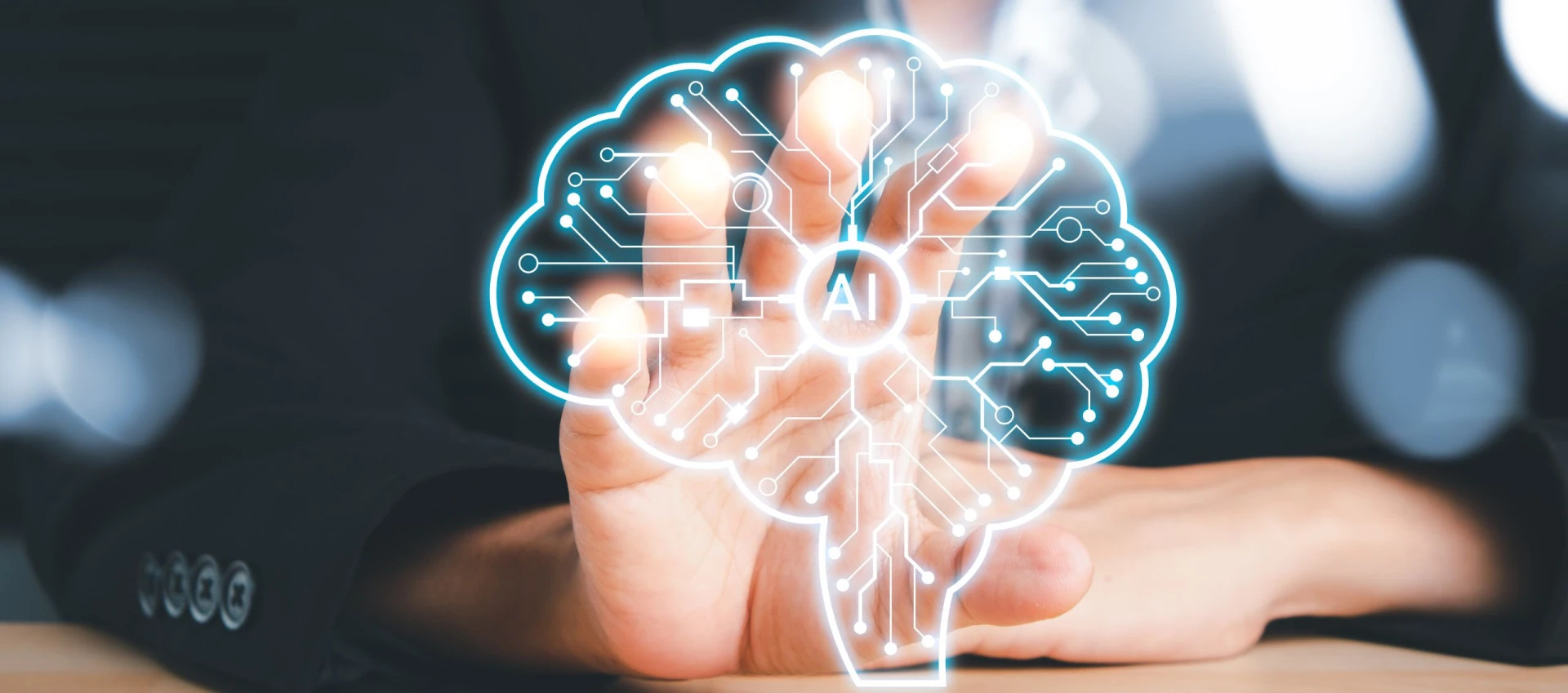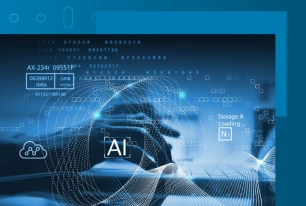Preparing Your Workforce for 2030: Why HR Is the Key to Business Success
At our recent Virtual Summit event, Josh Bersin outlined how the rise of the Superworker and the integration of AI are set to transform HR and drive business success by 2030. Discover why HR must lead the evolution toward an AI-enabled, skills-first approach.
Share
Embracing the era of the superworker
With AI positioned as a transformative force, expectations are high. Ninety-two percent of CEOs believe AI will reduce costs and boost productivity, yet many organizations are still determining how to achieve these outcomes. AI is evolving from a tool for efficiency into a catalyst of business reinvention, empowering employees to be superworkers enhancing productivity, creativity, and performance across all roles.
A four-stage path to AI-driven HR
By 2030, AI will evolve beyond automating individual tasks to integrating entire workflows, fundamentally changing how work is organized and executed. According to Josh Bersin, this will take place in four key stages:
1. Personal productivity boost:
Individuals start by using AI tools to enhance their own work, such as generating interview questions or drafting emails. This stage is about becoming familiar with AI and seeing quick wins in day-to-day tasks.
2. Task automation:
As confidence grows, users allow AI to automate more manual tasks, like sending candidate communications or writing code. Trust builds as the system learns and adapts to specific roles and needs.
3. Workflow integration:
AI agents begin to connect across functions, automating entire processes. In recruiting, for example, AI can manage everything from sourcing to hiring and performance tracking, creating a seamless and integrated experience.
4. Agent management:
The focus shifts to managing, monitoring, and training AI agents. HR professionals evolve from execution to orchestrating intelligent systems that continuously learn and improve.
HR as the catalyst for change
The transformation to a skills-based organization must begin within HR. Piloting AI alongside a robust, scientifically validated framework for understanding and assessing people’s workplace behaviors allows HR to demonstrate the value of innovation before scaling it across the business.
While traditional HR responsibilities like leadership development and selection remain foundational, they must now be paired with new capabilities. Proficiency in AI tools and data-driven decision-making is becoming essential for HR teams to thrive. Integrating AI to improve core processes is no longer optional, it is a strategic imperative. At the same time, HR must continue to address the people-centered challenges that define its role, ensuring that technology enhances rather than replaces human judgement.
“AI transformation is really a people transformation project, as all transformation projects are.”
Josh Bersin, Virtual Summit, 2025
Transparency about AI’s role will ease employee anxiety
One of the more pressing people-centered challenges is helping employees navigate their concerns about AI. While some fears may be unfounded, widespread anxiety about AI’s impact on jobs is fueling historically low employee engagement, with an alarming 68% of workers stating they cannot rely on their CEO to tell them the truth.
This lack of trust underscores the urgent need for transparent communication about the role of AI in the organization along with effective change management. HR leaders play a vital role in restoring confidence and helping employees see AI as a tool for empowerment and career growth. This means actively listening to concerns, communicating with clarity, and providing a clear path forward. To succeed, HR must anchor every decision in desired business outcomes, ensuring that transformation efforts stay focused and deliver measured results.
To explore these insights in depth and access practical strategies for preparing your workforce for 2030, watch the full replay of Virtual Summit Part 3.









